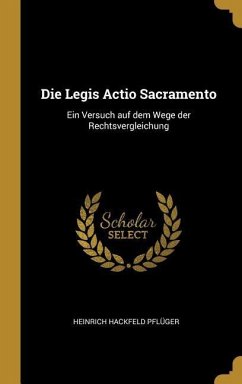This paper reconstructs aspects of the socio-cultural history of the W g people who live in Adami Tullu Jiddo Kombolcha district of Oromia region. After briefly discussing the historical development of W g people, the thesis examines their social and cultural history was given due focus. This was because the social aspect of history will help in filling the gap and balancing the dimensions of history of Arsi in general and the W g in particular. For the better understanding of the topic, the socio-cultural history of the people and their interactions with other people of Arsi and non-Arsi people were discussed. In conducting this research extensive field work and library work was employed. Because of the scarcity of the secondary sources on the people under study, the historical documents of Oromo and Arsi were used. This is because W g people are part and parcel of Oromo in general and Arsi in particular. Informants idea was interpreted and analyzed. They were selected for interview from different categories of people like elders, local hayyu (wise people), gada officials, Q llu, Q litti and youth of both sexes to get their insight on different issues discussed in the thesis.








